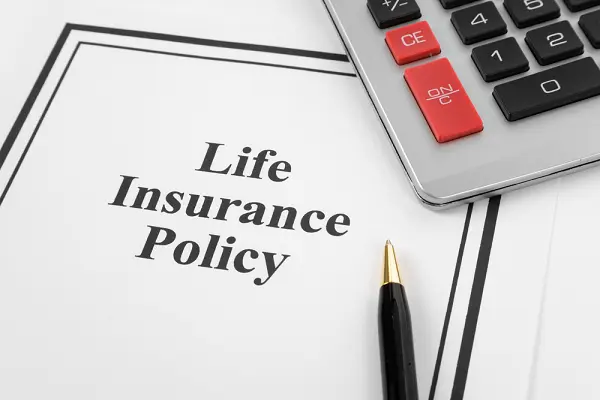10 Things That You Never Expect On Life Insurance Policy Quotes

When it comes to life insurance policy quotes, there are a lot of things that you never expect. Here are 10 of the most unexpected things that you'll encounter when getting quotes for life insurance.
Life insurance policy quotes are not always accurate
1. Life insurance policy quotes are not always accurate.
This is because insurance companies use different methodologies to calculate their rates. Some use mortality tables, while others use more sophisticated models that take into account a variety of factors, such as your age, health, and lifestyle.
As a result, the quotes you receive from different insurers can vary widely. It's important to compare quotes from several insurers before making a decision.
2. The death benefit is not always paid out in a lump sum.
Most policies will pay out the death benefit in a lump sum, but there are some that pay it out over time. This is typically done if the policyholder has a large amount of debt or other financial obligations that need to be paid off after their death.
3. You may have to pay taxes on the death benefit.
The death benefit from a life insurance policy is typically taxable. However, there are some exceptions, such as if the policy was purchased with after-tax dollars or if it's part of an employer-sponsored benefits package. Be sure to talk to your tax advisor about how the death benefit from your life insurance policy will be taxed.
You may be declined for a life insurance policy
There are a number of reasons why an insurance company may decline to provide life insurance coverage. Some of the more common reasons include:
-The applicant has a pre-existing medical condition that is considered to be high-risk
-The applicant is considered to be high-risk due to lifestyle choices (e.g. smoking, skydiving, etc.)
-The applicant has a history of mental health issues
-The applicant has a criminal record
If you are declined for life insurance coverage, it is important to understand the reason why. This will help you determine if there is anything you can do to improve your chances of being approved in the future.
Your life insurance policy may not cover everything
There are a lot of different life insurance policy options out there, and it can be difficult to know which one is right for you. It's important to understand that not all life insurance policies are created equal, and some may not cover everything you need them to.
For example, many life insurance policies will not cover suicide or self-inflicted injuries. So if you're considering a life insurance policy, be sure to read the fine print and understand exactly what is and isn't covered.
In addition, some life insurance policies have exclusions for certain types of deaths, such as those caused by alcohol or drug use. So if you have any risky behaviors that could potentially lead to your death, be sure to check with your insurer to see if they're covered under your policy.
Finally, keep in mind that most life insurance policies have a limit on how much they'll pay out. So if you have significant debts or other financial obligations, make sure your policy will provide enough coverage to meet your needs.
You may have to take a medical exam for a life insurance policy
When you are shopping for life insurance, you may be wondering if you will have to take a medical exam. The answer is: it depends. Some life insurance companies require a medical exam for all applicants, while others only require one for people who are applying for certain types of policies or who are over a certain age. If you are healthy and have no pre-existing medical conditions, you may not need to take a medical exam.
However, even if you are in good health, the life insurance company may still require a medical exam if you are applying for a large amount of coverage. This is because the life insurance company wants to make sure that they will not have to pay out a large death benefit soon after you purchase the policy.
If your life insurance company does require a medical exam, it is usually not difficult or time-consuming. The examiner will likely just take your height and weight, blood pressure, and pulse. They may also order a urine or blood test.





